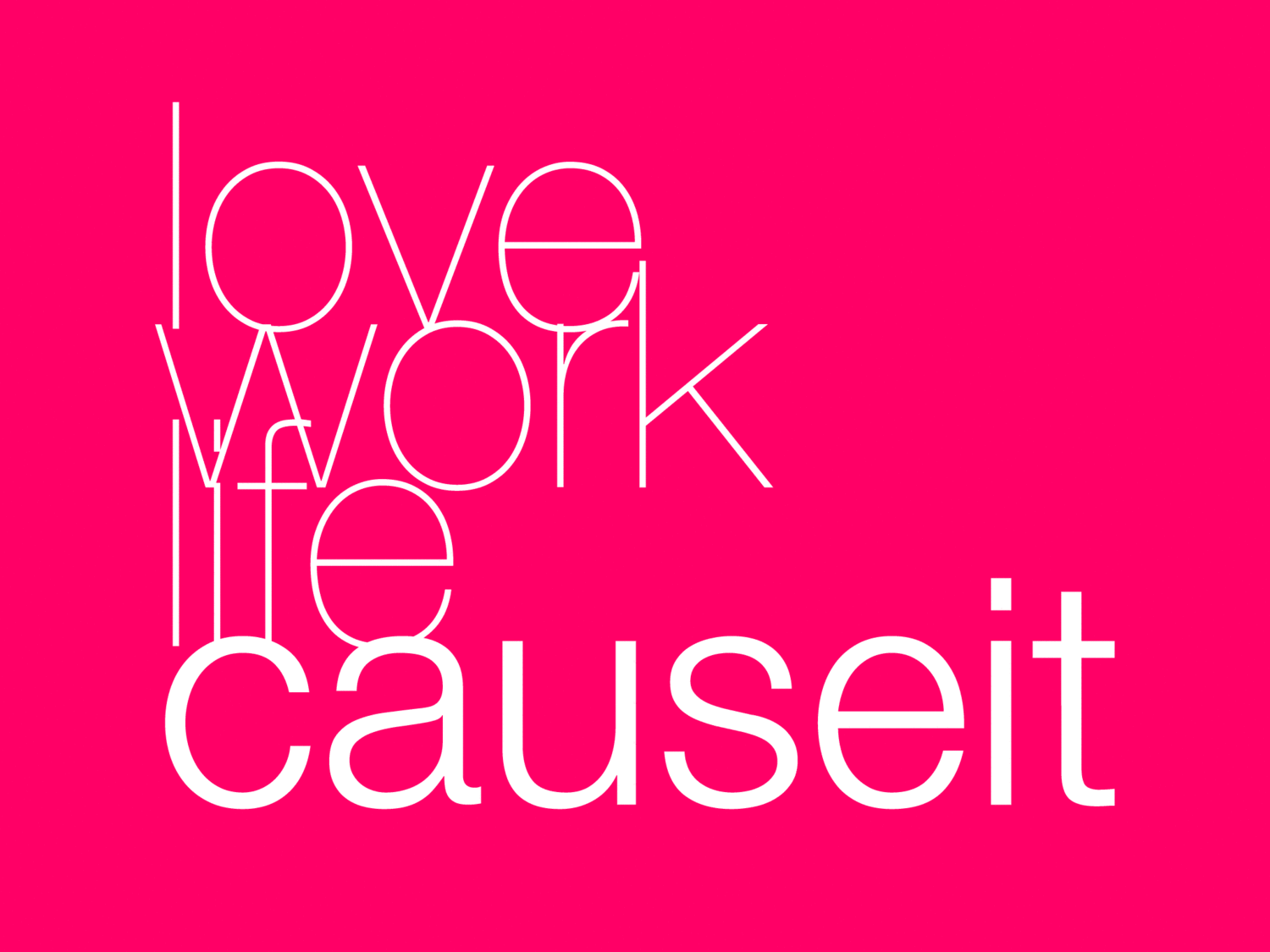John Hagel and John Seely Brown discuss the impact and opportunities of the future of the business landscape.
Creating Cultures of Innovation— A Perspective from the Heart
Emotional intelligence is a real, and really important, factor at play in any business which employs and serves human beings. Leaders are learning how to leverage the impact that emotional intelligence—sometimes called “soft skills”—has in business, from individual careers to organizational culture. Articles on the subject are no longer relegated to fringe publications or social sciences, in fact mainstream business journals like Forbes, Harvard Business Review, and FastCompany have been talking about it for several years. The thriving conscious capitalism movement, the emergence of B Corps , and sold-out conferences like Wisdom 2.0 are all further evidence that more and more professionals and companies are taking the human element of business very seriously. This means that not only is the industrial age model of treating people like machines an outdated one, but companies who aren’t engaged with their employees and customers on a human level are at a competitive disadvantage in an increasingly networked world.
Healing the Wounds of the Assembly Line with Feedback Loops and Doctrine
Often, the focus on the ideal of the cross-functional, interdisciplinary, extroverted worker results in questions being asked which the average employee is insufficiently skilled to answer. In her book Quiet, Susan Cain cites the example of one of her research technical interviewees' recollection of a 'murder board,' a panel of decision-makers whom engineers had to face in order to get their new ideas considered for funding and other resources. One can imagine a hard-faced panel of besuited men tearing down the brilliant if meek engineer with the smug expressions of a young MBA grad: "What's your marketing plan!," they might shout, "
Autonomy and Acceptable Failures: The Need for Doctrine
Autonomy, especially in and around U.S. businesses, is a tricky concept. Autonomy is valued very highly in our culture, but the challenge of finding a way to hand off acceptable amounts of control takes a lot more work than most leaders or employees realize. Few companies have the patience or budget for mistakes which occur when a more-autonomous goes wrong, so they choose not to grant autonomy in the first place, or revoke it at the first sign of trouble. Understandably, the constant conflict of employees who need autonomy and leaders who need accountability plagues most organizations.
Creatives, Non-Linear Thinkers and So-Called Misfits
I was recently asked to weigh in on how to support the creative worker. It's a broad, almost-impossible question: how does one even begin to categorize such a person? So I chose to respond by focusing on the elements of the workplace which enable creativity, both culturally and structurally, to support the rise of good ideas and ease for those bringing good ideas to light.
Social Enterprise as a Listening Tool
And what I would say is that there is a unique opportunity right now for companies to, as a first step, to start to embrace the social enterprise—because what that does is that gets the value of the human component quantified, and from there we start to make decisions, we start to put in structures that are not 100% based on just what the profit and revenue growth are. Those things become an end, an outcome.


![Hagel and Brown on Fragmentation and Concentration of the Business Landscape [VIDEO]](https://images.squarespace-cdn.com/content/v1/500a17fce4b016a023c03626/1420747385907-KVCE3L8LS44WP42FXTAT/image-asset.jpeg)



